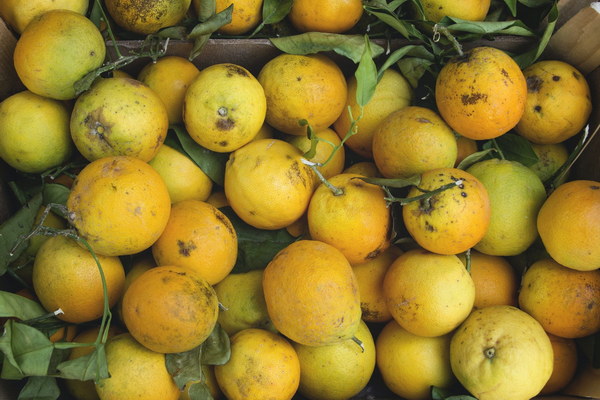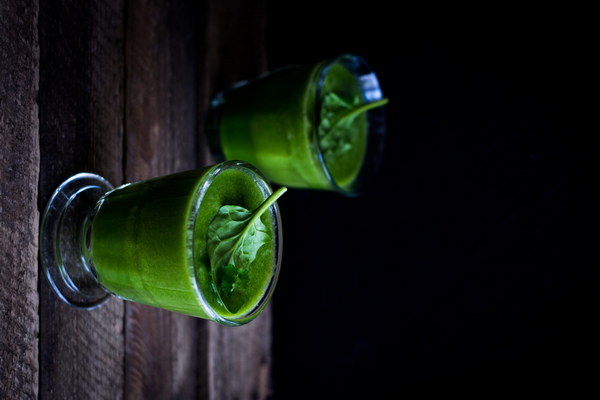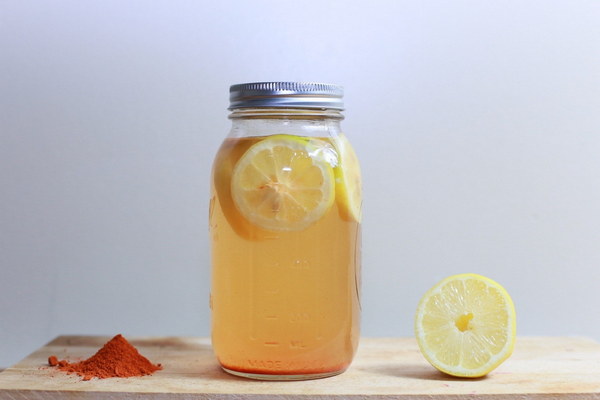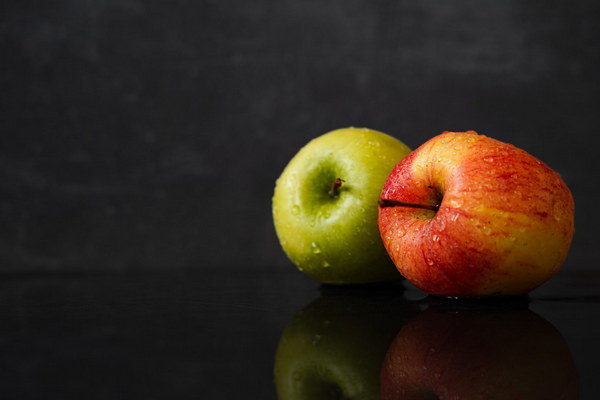The Art of Removing Damp-Phlegm A Guide to Treating Coated Tongue in Traditional Chinese Medicine
In the realm of Traditional Chinese Medicine (TCM), the tongue is considered a vital indicator of one's health. Among the many tongue signs, a coated tongue is a common symptom that often points to the presence of damp-phlegm within the body. This article delves into the concept of damp-phlegm, its causes, and the various TCM treatments and lifestyle adjustments that can help alleviate this condition.
Understanding Damp-Phlegm
Damp-phlegm is a term used in TCM to describe a pathological condition where the body produces excessive amounts of phlegm and dampness. These substances can accumulate in the body and lead to a variety of symptoms, including a coated tongue. The formation of damp-phlegm is often a result of an imbalance in the body's Yin and Yang, with a particular emphasis on the Spleen and Lung organs.
Causes of Damp-Phlegm
Several factors can contribute to the development of damp-phlegm, including:
1. Diet: Overconsumption of cold, damp, or heavy foods, such as ice cream, milk, and fried foods, can lead to damp-phlegm accumulation.
2. Environment: Living in a damp climate or being exposed to excessive moisture can weaken the body's ability to eliminate dampness, leading to its accumulation.
3. Lifestyle: Sedentary habits and a lack of exercise can contribute to damp-phlegm formation, as physical activity helps the body to eliminate excess dampness.
4. Other health conditions: Certain health conditions, such as diabetes, hyperthyroidism, and chronic sinusitis, can also contribute to damp-phlegm accumulation.
Symptoms of Damp-Phlegm
Apart from a coated tongue, other common symptoms of damp-phlegm include:
1. Fatigue and weakness
2. Headaches and dizziness
3. Nausea and indigestion
4. Chest congestion and cough
5. Sore throat and hoarseness
6. Poor appetite and weight gain
Treating Damp-Phlegm in TCM

TCM offers a variety of treatments and lifestyle adjustments to help alleviate damp-phlegm and restore balance to the body. Here are some of the most common approaches:
1. Acupuncture: Acupuncture can help to stimulate the body's natural healing processes, eliminate dampness and phlegm, and balance the Yin and Yang.
2. Herbs: TCM herbs can be prescribed to address the root cause of damp-phlegm and support the body's elimination of excess dampness and phlegm.
3. Diet: A diet that is rich in fresh, warm, and dry foods can help to reduce damp-phlegm. This includes foods like ginger, garlic, onions, and leeks, as well as lean proteins and healthy fats.
4. Exercise: Regular physical activity, such as walking, jogging, or tai chi, can help to improve circulation and eliminate dampness.
5. Stress management: Techniques such as meditation, deep breathing exercises, and yoga can help to reduce stress and improve overall health.
Conclusion
A coated tongue is a common sign of damp-phlegm in TCM, and addressing this condition is crucial for restoring balance to the body. By incorporating TCM treatments and making lifestyle adjustments, individuals can effectively alleviate damp-phlegm and improve their overall health. Remember, it's essential to consult with a qualified TCM practitioner to develop a personalized treatment plan that suits your specific needs.









